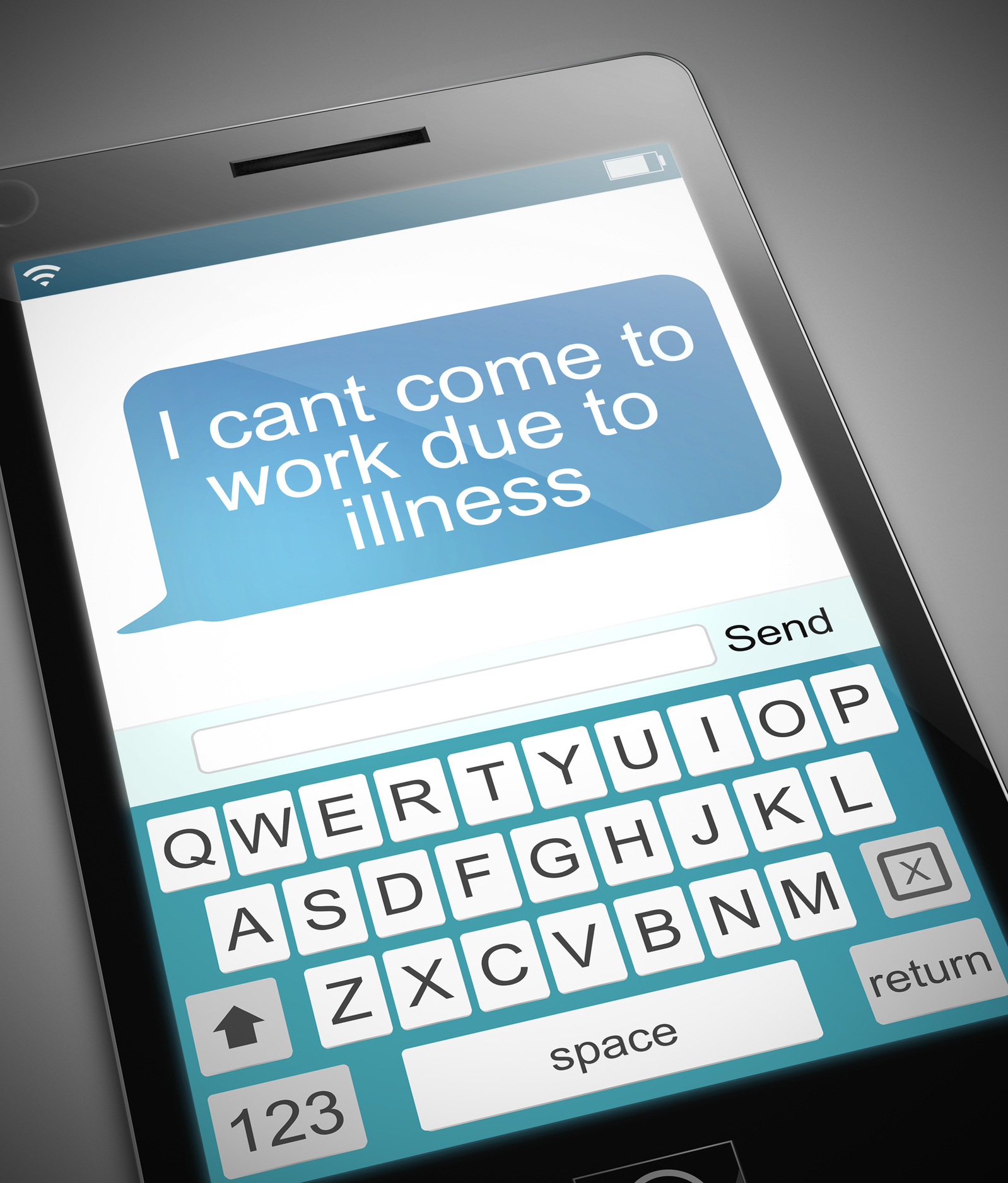Is Mental Illness an Acceptable Reason to Call in Sick to Work?

One web developer challenged the conventional ideology behind “sick days” by letting others know that it’s okay to call in sick to focus on your mental health.
There are days when mental illness can be more debilitating when it comes to productivity than physical illness. Depression and anxiety are known to result in huge declines in job performance. Therefore, should employers be more understanding about the need for employees to take “mental health days?”
Here’s how the scenario played out:
Madalyn Parker, a web developer at Olark Live Chat in Ann Arbor, Mich., emailed her colleagues to let them know she would be using two sick days to focus on her mental health.
When Ben Congleton, the CEO of the company, saw the email, he responded thanking Parker for helping decrease the stigma of mental health.
Parker screenshotted the emailed response and posted it on social media. Needless to say, the post went completely viral. The tweet was retweeted over 10,000 times since it was posted on June 30. The post sparked discussion on the importance of addressing mental health in the workplace.
On the same note, Madalyn Parker’s decisions to not go to work due to mental health reasons sparked controversy. While some fully endorsed her decision, others thought the idea was unprofessional.
Amazingly, the person who applauded her decision the most was the CEO of the company who consistently applauded her for helping reduce the stigma of mental health.
In an interview with MONEY, Congleton explained he was surprised that people were so shocked by his reaction. He believes all employers should value the mental health of their employees.
“I sort of felt like this was just something that should be normal,” Congleton said. “It’s just business as usual for us. This is not something new.”
—
Sadly, employers are known to react to mental illness negatively. Twitter users shared negative reactions to their requests for a mental health day. One woman said she left a job after “HR wanted to know in advance when I’d have a panic attack.”
Employers are still learning to adapt to viewing mental illness as a legitimate reason to call in sick. Unlike physical illness, mental illness is not always visible on the outside. Therefore, the societal notion of “toughing it out” often pushes people to work through debilitating mental illnesses. This ideology can worsen symptoms of mental illness and decrease work productivity in the long run.
Congleton explained that Parker and several other colleagues take mental health very seriously. In fact, they shared their experiences with mental health in a joint session with the organization a few years ago. This session solidified the tone for openness within the company.
“We built this organization with this culture of where this kind of talk is no big deal,” Congleton said. “I think that that started normalizing mental health as an actual health issue within our organization.”
“So many people live in fear of disclosing mental health issues at work,” he added. “In many ways, that fear makes those mental health issues worse.”
Mental illness is incredibly common among American adults.
Did you know that one in five adults experience depression in the U.S? The American Psychiatric Association provides materials for companies to understand mental health in the workplace. These suggestions include raising awareness about how disorders like anxiety and depression are “not a sign of personal weakness.”
Furthermore, employers need to address mental health. It may actually help the company in the long run. Reports indicate that employees treated for mental illness end up showing improved levels of work efficiency later on.
Mental health disorder takes a major toll beyond the workplace. They affect every aspect of life. Congleton hopes employers will take the lead when it comes to caring about the mental health of their employees.
“I’m hoping that we can have a few more leaders, a few more managers step up and really have conversations about how to build environments where their employees feel psychological safety,” Congleton said.
“From that, you can get so much amazing goodness and so much performance that the teams that will have that will be the strongest ones in your organization.”
—
How should mental illness be handled in the workplace? Personally, it has always been difficult for me to open up about my mental health. While I am not always open about it, I know when I need to take time away and address it fully. Making my mental health a priority increases my work productivity in the long run.
The stigma of mental illness has to stop. No one should ever have to feel ashamed of their mental health. Mental health should be a priority. If you feel out of control with your mental illness, please seek help. You are not alone. If you are struggling with mental illness or addiction, please call now 1-800-777-9588.
